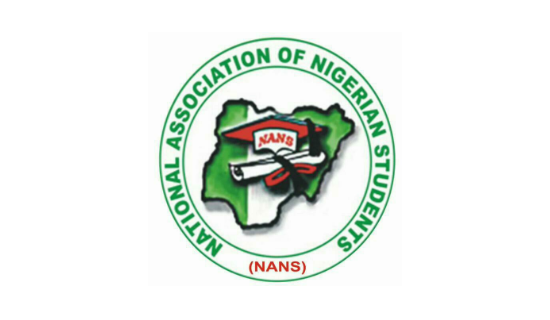NANS to Stage Mass Protest Over Prolonged Closure of FCT Public Primary Schools

The National Association of Nigerian Students (NANS) has announced plans to stage a mass protest on Wednesday, July 2, in response to the continued closure of public primary schools within the Federal Capital Territory (FCT).
The protest, which is scheduled to begin at 7:00 a.m., will take place at the FCDA Secretariat in Area 11, Garki, Abuja. Participants have been directed to wear black clothing as a symbol of mourning for what NANS describes as the “death of basic education” in the FCT.
In a notice signed by NANS President, Olushola Oladoja, and obtained by Daily Sun on Monday, the student body expressed deep frustration over the prolonged school closures, which have lasted for more than two months.
Oladoja described the situation as “unacceptable,” noting that thousands of children, especially those from low-income families, have been deprived of their fundamental right to education.
According to Oladoja, the FCT Administration, led by Minister Nyesom Wike, has failed to respond meaningfully to several appeals, letters, and calls for dialogue from the student body. He accused the government of deliberate negligence and a lack of concern for the educational future of Nigerian children.
As a result, NANS has issued a final call to action, urging students, civil society organizations, and education rights activists to mobilize for the protest.
All NANS structures across the FCT and neighbouring states, Kogi, Nasarawa, Niger, and Kaduna, have been instructed to participate actively in the demonstration. Leadership from NANS Zones A and C has also been tasked with coordinating widespread and impactful participation.
Oladoja emphasized that this protest goes beyond education. “This is a fight for justice, equality, and the soul of Nigeria’s future,” he declared, calling on all stakeholders to join the demand for the immediate reopening of all closed public primary schools in the FCT.
The prolonged closure of public primary schools is an injustice to the Nigerian child. It disproportionately affects vulnerable children who rely on public education as their only path toward a better future. With each passing day, these children fall further behind their peers, trapped in a cycle of systemic neglect.
Beyond the physical classroom, education provides structure, safety, and opportunity, and its absence fuels inequality and hopelessness. The prolonged strike is a grave injustice that denies children their right to education.





